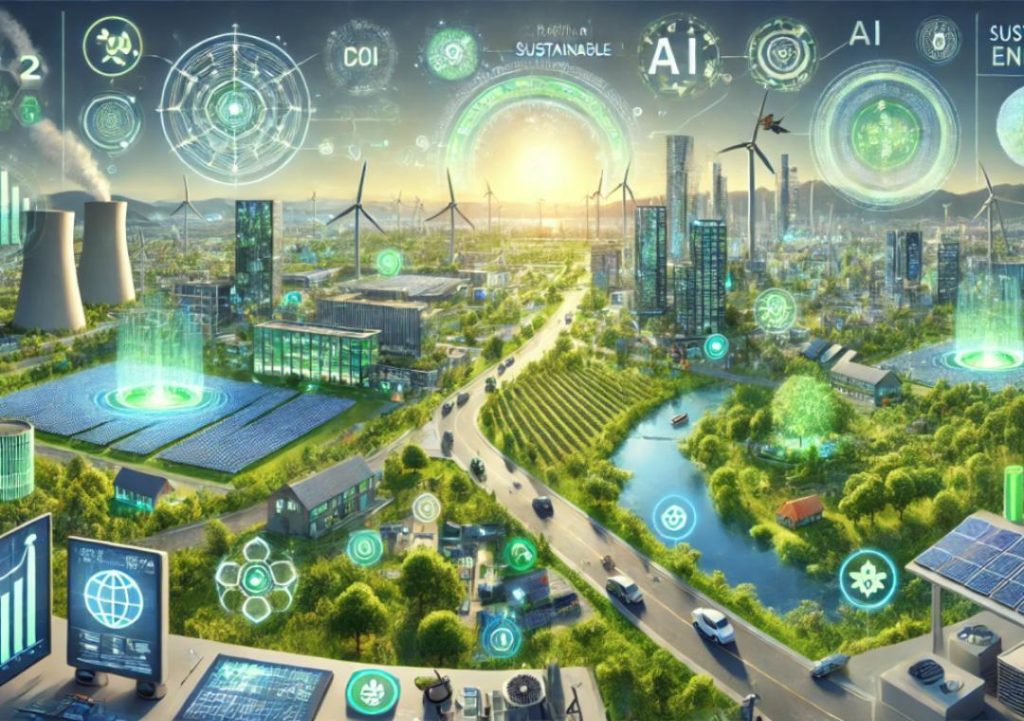
Startups Drive AI, Green Products, and Fintech Disruption
In recent years, emerging startups have been leading the charge in shaping the future of various industries. From artificial intelligence (AI) automation to eco-friendly products and fintech disruption, these innovative companies are revolutionizing the way we live, work, and interact with each other.
In this blog post, we’ll explore the ways in which startups are driving trends in AI, green products, and fintech, and what this means for the future of business and society.
AI Automation: The Future of Work
Artificial intelligence has been a hot topic in recent years, with many companies investing heavily in AI research and development. Startups are at the forefront of this movement, using AI to automate manual labor and improve efficiency.
One example of a startup leading the way in AI automation is Automation Anywhere, which provides software that enables companies to automate repetitive tasks. By using AI-powered software, businesses can reduce the risk of human error, increase productivity, and free up employees to focus on more strategic tasks.
Another startup making waves in the AI space is Nuro, which is developing autonomous delivery vehicles. Nuro’s vehicles are designed to navigate roads and highways without human intervention, making them ideal for tasks such as pizza delivery or grocery shopping.
Eco-Friendly Products: The Future of Sustainability
In recent years, there has been a growing awareness of the need for sustainable products and practices. Startups are responding to this demand by developing eco-friendly products that are better for the environment.
One example of a startup leading the way in eco-friendly products is Patagonia, which is known for its environmentally-friendly clothing and gear. Patagonia’s products are designed to be durable and long-lasting, reducing the need for frequent replacements and waste.
Another startup making a name for itself in the eco-friendly space is Loop, which is developing a subscription-based service for household essentials such as soap, shampoo, and toothpaste. Loop’s products come in refillable packaging, reducing waste and the need for single-use plastics.
Fintech Disruption: The Future of Finance
The financial industry has been slow to adopt new technologies and innovations, but fintech startups are changing this by providing decentralized and accessible financial solutions.
One example of a startup leading the way in fintech disruption is Stripe, which provides online payment processing and invoicing solutions. Stripe’s platform allows businesses to accept payments from customers around the world, reducing the need for complex and expensive payment processing systems.
Another startup making waves in the fintech space is Robinhood, which is a mobile-based investment app that allows users to buy and sell stocks, ETFs, and options. Robinhood’s platform is designed to be user-friendly and accessible, making it easier for people to invest in the stock market.
Scaling Profitably
While startups are driving innovation and disruption in various industries, they also face significant challenges in scaling their businesses profitably. To achieve success, startups must be able to balance growth with profitability, while also attracting and retaining talent and customers.
One key strategy for scaling profitably is to focus on customer acquisition and retention. Startups that are able to provide value to their customers and build strong relationships with them are more likely to retain those customers over time, reducing the need for expensive marketing and advertising campaigns.
Another strategy for scaling profitably is to focus on operational efficiency. Startups that are able to streamline their operations and reduce costs are more likely to be profitable, as they will have more resources available to invest in growth and innovation.
Conclusion
In conclusion, emerging startups are driving trends in AI, green products, and fintech disruption, and are playing a critical role in shaping the future of business and society. These startups are using innovative technologies and business models to automate manual labor, promote sustainable alternatives, and make finance more accessible and decentralized.
As the startup ecosystem continues to evolve, we can expect to see even more innovative solutions and disruptions in various industries. By supporting and investing in these startups, we can help drive growth, innovation, and sustainability in the years to come.
Source:






